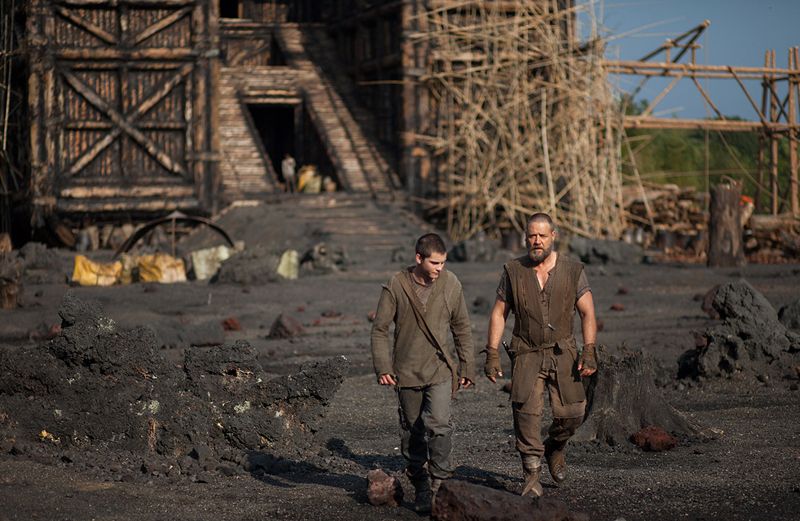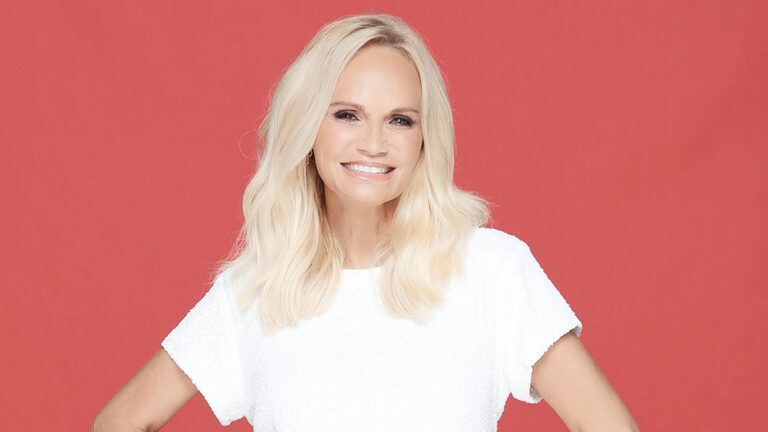I first heard the story of Noah and his Ark in Sunday school. It was, at least to my five-year-old mind, a happy tale.
The world had gone bad, but one man was good and was chosen by God to save the innocent. Noah was commanded to build an Ark (which had to be explained to our class as a “really big boat”) and fill it with animals–they came in, two by two, hurrah hurrah! When the flood ended, Noah and his family found land and all was right again.
If the story of Noah had been told to me then by director Darren Aronofsky, it would have been quite different.
Noah, the movie, has been followed by controversy. Major religious groups have criticized its portrayal of action and violence (there is plenty of both in the film), and a few countries have gone so far as to ban showing it.
The film does take liberties with its source material. From added characters to intense fight scenes, it certainly has its Hollywood moments. But it also portrays, and portrays well, the major themes of the Noah story.
We meet Noah (Russell Crowe) and his family (Jennifer Connelly, Douglas Booth, Logan Lerman and Emma Watson) living peacefully, separate from the wickedness of man. They live off the earth, refuse to eat meat and avoid the descendants of Cain–brutal warriors in decaying cities who have ravaged the land. When Noah is bewildered by dreams, he packs up his family and pays a visit to Methuselah, where he finally discovers what the Creator wants him to do: build an ark.
With the assistance of the Watchers–Nephilim who here resemble characters better suited to Lord of the Rings fantasy lore–Noah and his family begin to carry out the Creator’s will, until the descendants of Cain, and their raucous leader, the King of Men, demand a spot on the ark.
Noah struggles to accept and ultimately follow his radical vision. It’s hard enough to be told to build an ark, house all manner of creatures and watch as the rest of humanity perishes in an apocalyptic flood, but things take a turn for the worse when Noah and his family are confronted with their own sin and the fallout of their own nature.
In many ways, Noah becomes a fanatic zealot. He sees only wickedness in man and believes evil is inherent in all men, so they should die out with his line once his family has completed the task given to them. Noah is confronted with a decision that is the climax of his tale (and it comes after the flood).
Crowe is fantastic in the lead. He carries both sides of Noah, the kind, wise patriarch and the man conflicted with guilt and doubt. He has the uncanny ability to make you sympathize with his plight (even when his interpretation of God’s will seems a bit crazed).
The film doesn’t directly contradict the story of Noah. The concept of man’s wickedness and God’s punishment are there. What the film shows–what my Sunday school failed to convey–is the incredibly difficult path Noah had to walk. It shows the trials he endured, the hardships his family faced and the sacrifices they made in the name of their Creator.
It also shows the value of family. And, in the end, it shows God’s mercy and his love for man. Noah was a story of second chances. We make mistakes, we sin, and we accept punishment. But we’re also given the chance to start anew.
Some accuse Aronofsky’s Noah of detracting from the true story in the Bible, but I argue the opposite. The film, whether completely accurate or not, has provided a new point of view on a story many of us were only taught as children. It opens a dialogue between believers and nonbelievers and offers us an opportunity to examine our own faith.





